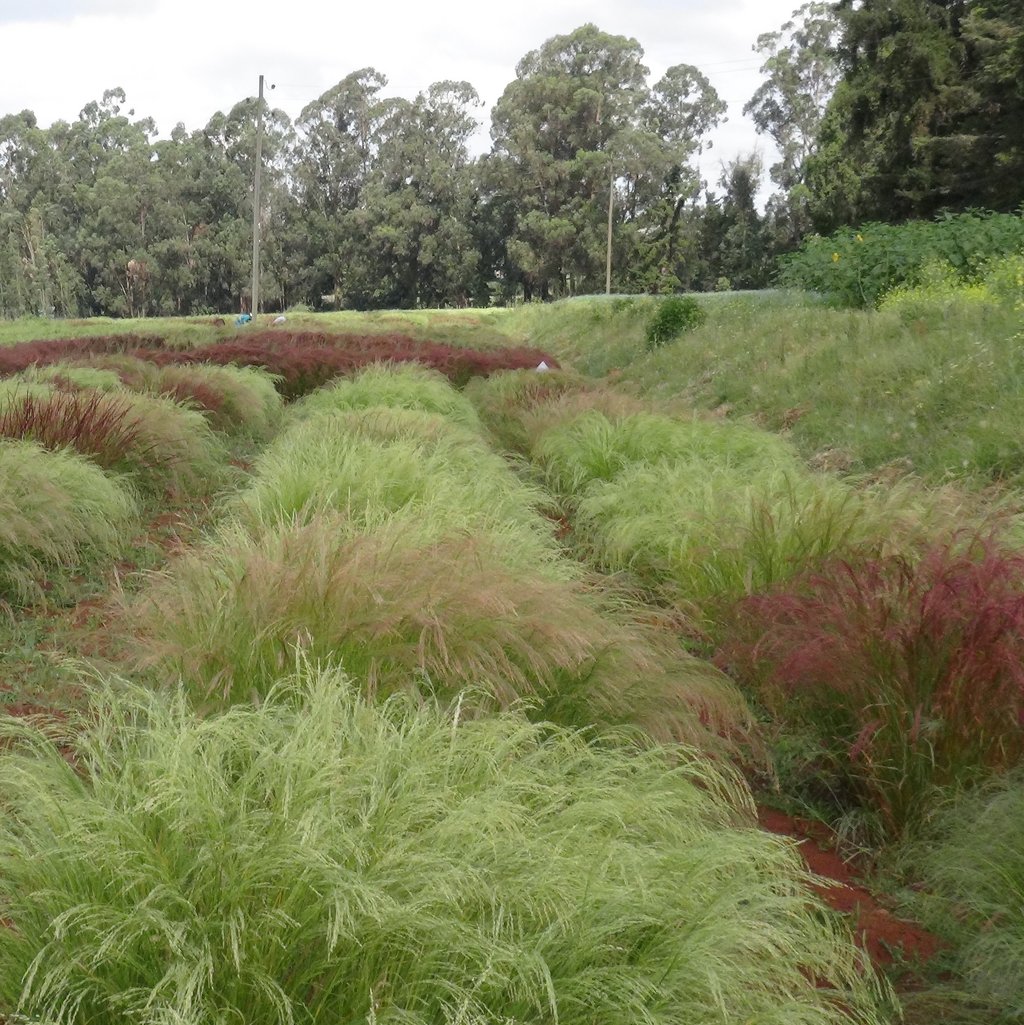Tef Improvement Project
What do we see on the project photo?
The picture shows the presence of huge diversity among farmers’ varieties of tef. About 6,000 tef landraces collected from major growing areas in Ethiopia are available in the national gene bank. This vast diversity can be exploited to develop resilient and nutrition-rich tef varieties.
How would you explain to a child what the project is doing?
We are interested in improving food security in developing countries. In order to achieve this goal, we do research that enables us to develop crop varieties with high productivity. Once we get these varieties, we disseminate them to a large number of farmers so that their production is increased.
What is the project’s main objective?
The main goal of the project is to boost productivity of tef (Eragrostis tef), an understudied crop widely cultivated in the Horn of Africa, particularly in Ethiopia where it is a staple food for about 70 million people. The project implementation relies on basic and applied research.
Why is the project important?
The tef project is important since it focuses on boosting productivity of this low-yielding crop. It also focuses on developing varieties resilient to extreme environmental conditions. Hence, the project contributes to food security, especially in the region where it is needed most.
What has been the most positive moment during the project?
The most positive moment of the project was when we managed to release improved tef varieties. Together with our partners in the Ethiopian Institute of Agricultural Research, three new varieties have been released. These varieties are currently being cultivated by smallholder farmers in Ethiopia.
What have been the biggest challenges encountered in the project?
The main challenge of the tef project is to secure enough grant funding for the planned research and development activities.
Which is the most important lesson learnt from the project?
Success can be achieved by working in a team and partnership. The private-public partnerships we have established with stakeholders, such as public institutions, private organizations and farmers, enabled us to develop and disseminate improved tef varieties to a large number of smallholder farmers.
About the project
Title:
Tef Improvement Project
Contact:
Zerihun Tadele, Group Leader, Institute of Plant Sciences, University of Bern
Duration:
2006-2028
Funding institutions:
Syngenta Foundation for Sustainable Agriculture
Implementing institutions:
University of Bern
Further information:
https://www.ips.unibe.ch/research/tef/index_eng.html

